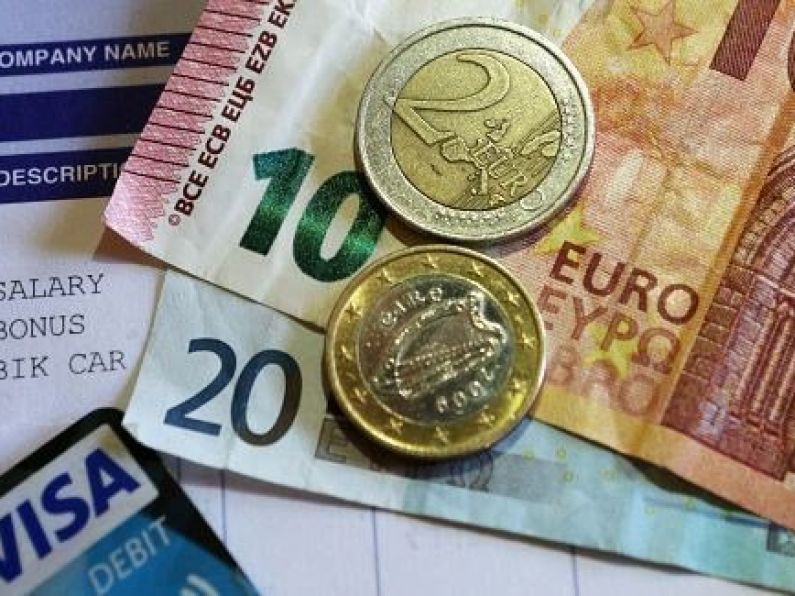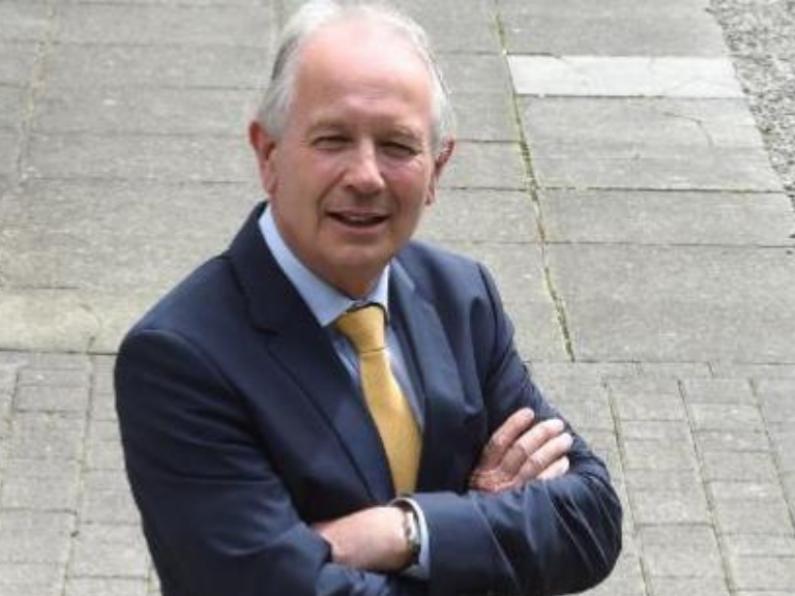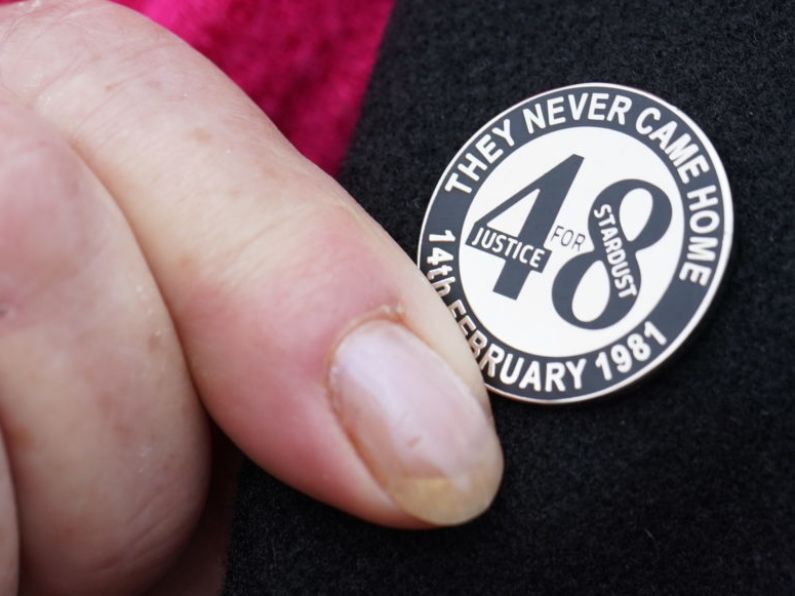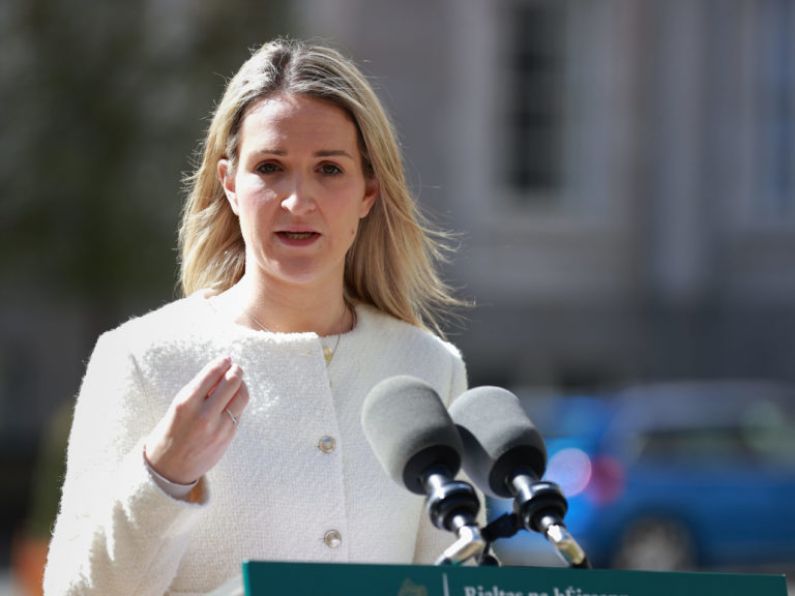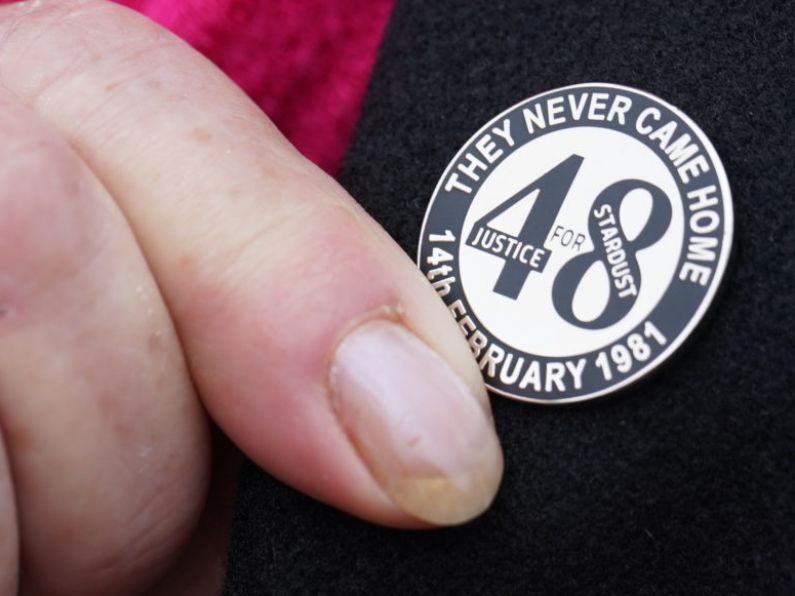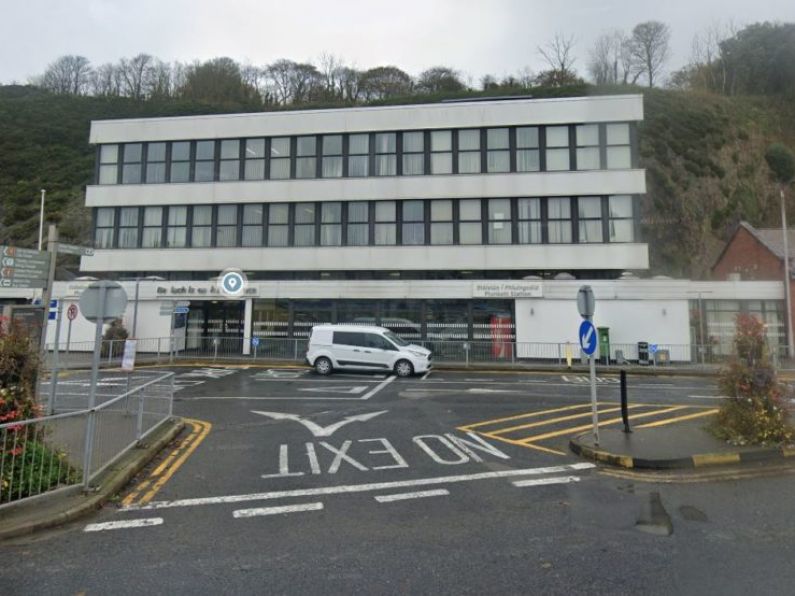Junior jobs minister John Halligan wants tax breaks for middle-income workers on salaries up to €80,000, writes Juno McEnroe.
He says they are the ones feeding the economy, but that some of them are “struggling”.
The Independent Alliance minister says some middle-income earners are seeking help from the likes of St Vincent de Paul and deserve relief in the upcoming budget.

The comments, from the former Workers’ Party politician, are likely to spark debate about whether the limited resources in the budget are spent on tax breaks or cash-starved services. In an interview with the Irish Examiner, the Waterford TD said tax cuts would filter middle-income earners’ spending back into the economy. He says this is a socialist philosophy.
“If you take people on social welfare and low incomes, it is essential spending,” said Mr Halligan. “They are not the people who can afford to change their cars, buy their clothes, go to restaurants as much as they would like to do.
“So, we have to make it possible for all these people, in that middle group, and I would say that middle group is up to about €80,000, allow for some tax cuts and you get the money back into the economy. You don’t hit the middle. Why should you hit the middle? The middle are the people who are suffering the most. You go to the St Vincent de Paul and talk to them around Christmas. Is it all people that they help who are on low incomes? No.
“I know people with reasonable wages, €40,000 and €50,000, who are struggling at the end of the month, struggling. These are the people who keep our system alive, here in the country.
“But there’s lots of multi-millionaires who don’t pay anything or probably don’t pay enough.”
There is strong speculation that October’s budget will further reduce the universal social charge and increase tax equalisation for the self-employed.
Taoiseach Leo Varadkar says he wants to merge USC and PRSI payments in the long-run. Officials are believed to be looking at raising the USC entry level from €13,000 to €18,000.
Rates last year were cut by half a per cent, so that someone earning €70,000 saved just €250 a year. But this measure cost over €300m.
Mr Varadkar, who says he represents ‘middle Ireland’, has said he will raise the take-home pay of 2m people who “get up every day”.
However, the money to fund tax cuts must be found somewhere. Cuts to existing spending, or ‘hidden fiscal space’, may free up funds, and Finance Minister Paschal Donohoe has suggested that individual ministers look at their own saving options to open up possibilities.
Spending on tax cuts will have to compete with other demands, including demands for rises in pensions, welfare payments, and weekly amounts for carers or the disabled.
Mr Halligan, who oversees training and skills for workers, said middle-income earners were supplementing welfare and disability payments.
“It’s the middle-income groups that keep this country God-damn ticking over,” he said. “Where is the tax coming from to pay those on social welfare, to pay those on low incomes? They can’t spend. So what are we going to say, that we continually crucify the middle income?”
Any preference by the Fine Gael-Independent Alliance coalition for tax cuts will have to be backed by Fianna Fáil, under the confidence-and-supply deal.
It is believed that Fianna Fáil leader Micheál Martin favours another half-per-cent cut to rates impacting on middle-income earners.
However, despite the political appetite to slash taxes, the European Commission’s recent post-bailout report warned that Ireland’s tax base is narrow. It said that USC should be kept and the tax base should be broadened.
This story first appeared in the Irish Examiner.

